President Donald Trump on Tuesday hosted Saudi Crown Prince Mohammed bin Salman at the White House as the kingdom’s de facto ruler seeks to reinforce his global standing following the 2018 killing of US-based journalist Jamal Khashoggi and deepen strategic ties with Washington.
In his opening remarks, Trump said Saudi Arabia has agreed to invest $600 billion in the US.
“That number could go up a little bit higher,” The Guardian quoted him as saying. “But I don’t know, we’ll see,” he added.
Trump denied that he had any conflicts of interest in negotiating with Crown Prince, after his sons signed a major real estate deal in that country.
“I have nothing to do with the family business. I have left, and… I’ve devoted 100 per cent of my energy. What my family does is fine. They do business all over,” AFP quoted him as saying, referring to his sons who now manage the Trump Organization, and have signed several high-profile deals since their father returned to power.
Bin Salman said Saudi Arabia “believes in the future of America” and plans to raise its investment commitment in the United States to nearly $1 trillion.
On 2018 murder of Washington Post columnist Jamal Khashoggi, bin Salman said that was a “huge mistake”.
Defending Crown Prince Mohammed over the killing of Khashoggi, Trump described the journalist as “extremely controversial,” adding, “A lot of people didn’t like that gentleman that you’re talking about. Whether you liked him or didn’t like him, things happened, but he [the prince] knew nothing about it.”
Prince Mohammed said of the murder - by Saudi agents - “it’s painful and it’s a huge mistake, and we are doing our best that this doesn’t happen again.”
Quick Reads
View AllWhen asked about normalising relations with Israel, Prince Mohammed said his country wanted to improve ties with Israel through President Trump’s Abraham Accords, but first needed a “clear path” to Palestinian statehood.
“We want to be part of the Abraham Accords. But we want also to be sure that we secure a clear path of two-state solution,” the prince said in the Oval Office alongside Trump.
“We’re going to work on that, to be sure that we can prepare the right situation as soon as possible,” he added.
Earlier, marking his first visit to the White House in more than seven years, the crown prince received a ceremonial welcome on the South Lawn, where Trump presided over a display that included a military honor guard, a cannon salute and a flyover by US warplanes, reported Reuters.
The meeting highlights a partnership Trump has prioritised in his second term, linking the world’s largest economy with its top oil exporter.
It also reflects how international outrage over Khashoggi’s killing — which US intelligence assessed was approved by the crown prince — has gradually eased. Bin Salman has denied ordering the operation but accepted responsibility as Saudi Arabia’s de facto leader.
The warm reception in Washington marks a significant shift from the diplomatic strain that followed the journalist’s death.
Trump greeted the crown prince with a handshake and smile as he stepped onto the red carpet, flanked by rows of military personnel. A mounted US Army honor guard escorted the motorcade up the South Drive, and the two leaders paused to watch fighter jets streak across the sky before heading inside for talks.
Before sitting down for talks, the two leaders chatted amiably as Trump gave bin Salman a tour of presidential portraits lining the wall outside the Oval Office.
What’s on agenda?
During a full day of White House diplomacy, after meeting President Trump at the White House, Crown Prince Mohammed bin Salman will attend a Cabinet Room lunch and conclude the visit with a formal black-tie dinner — a schedule that mirrors many elements of a state visit. US and Saudi flags lined the lampposts outside the White House as preparations unfolded.
According to the Reuters report, citing a senior US administration official, Trump aims to build on the $600 billion Saudi investment pledge announced during his visit to the kingdom in May, with dozens of targeted projects expected to be unveiled.
The official said the two sides were poised on Tuesday to finalise agreements covering defence sales, expanded civil nuclear cooperation and a multibillion-dollar Saudi investment in US artificial intelligence infrastructure.
Trump also signaled a major policy shift, telling reporters Monday that “We’ll be selling” F-35s to Saudi, which has requested 48 of the advanced fighter jets. If approved, it would be the first U.S. sale of F-35s to the kingdom — a move that could reshape the Middle East’s military balance and test Washington’s commitment to preserving Israel’s “qualitative military edge,” as Israel is currently the only country in the region operating the aircraft.
Beyond defence deals, the crown prince is seeking new US security guarantees.
Analysts expect Trump to issue an executive order outlining a defence arrangement similar to the one recently extended to Qatar, though still short of the formal, Nato-style treaty Riyadh had originally sought.
Eye on China
Former US negotiator in the Middle East Dennis Ross, who is now at the Washington Institute for Near East Policy think tank, said Trump wants to develop a multifaceted relationship that keeps Saudi Arabia out of China’s sphere.
“President Trump believes all these steps bind the Saudis increasingly to us on a range of issues, ranging from security to the finance-AI-energy nexus. He wants them bound to us on these issues and not China,” Reuters quoted Ross as saying.
Trump is expected to keep up pressure on bin Salman for Saudi Arabia to join the Abraham Accords and normalise relations with Israel.
The Saudis have been reluctant to take such a major step without a clear path to Palestinian statehood, a goal that has been forced to the backburner as the region grapples with the Gaza war.
Trump reached Abraham Accords agreements between Israel and Bahrain, the United Arab Emirates, Morocco and Sudan during his first term in 2020. In recent weeks, Kazakhstan agreed to join.
But Trump has always seen Saudi Arabia joining the Abraham Accords as the linchpin to achieving a wider Middle East peace.
“It’s very important to him that they join the Abraham Accords during his term and so he has been hyping up the pressure on that,” the senior White House official said.
Jonathan Panikoff, former deputy national intelligence officer on the Middle East, said that while Trump will urge bin Salman to move toward normalizing ties with Israel, any lack of progress there is unlikely to hinder reaching a new US-Saudi security pact.
“President Trump’s desire for investment into the US, which the crown prince previously promised, could help soften the ground for expanding defense ties even as the president is determined to advance Israeli-Saudi normalization,” said Panikoff, now at the Atlantic Council think tank in Washington.
With inputs from agencies


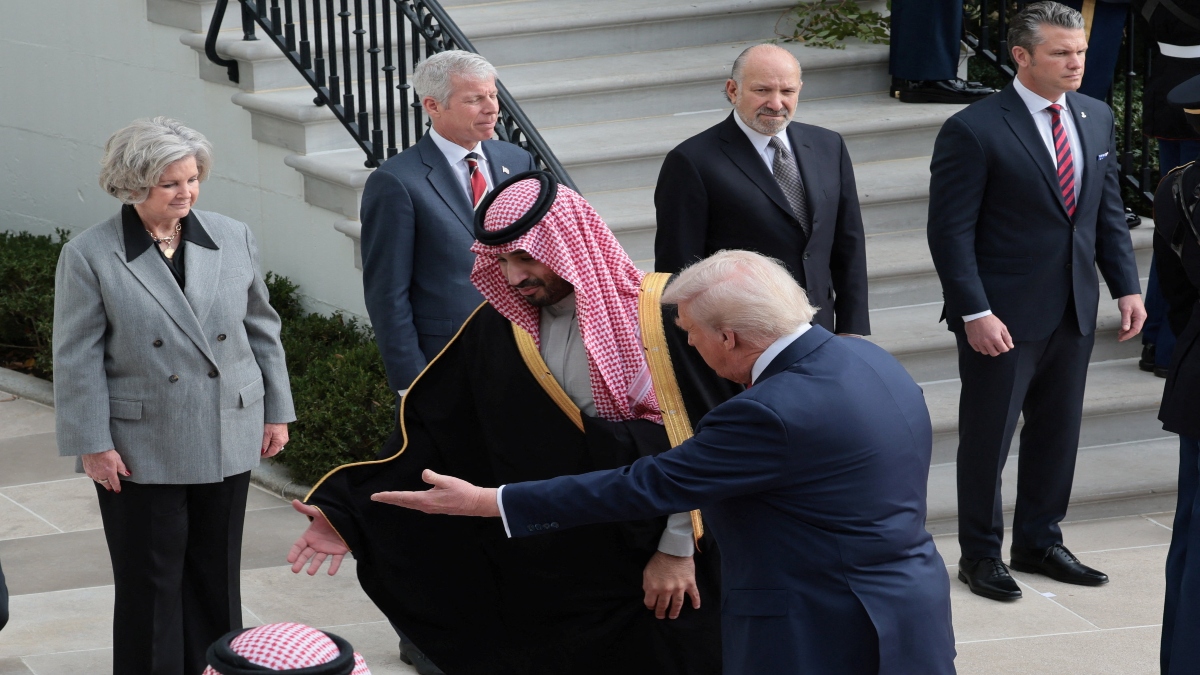)

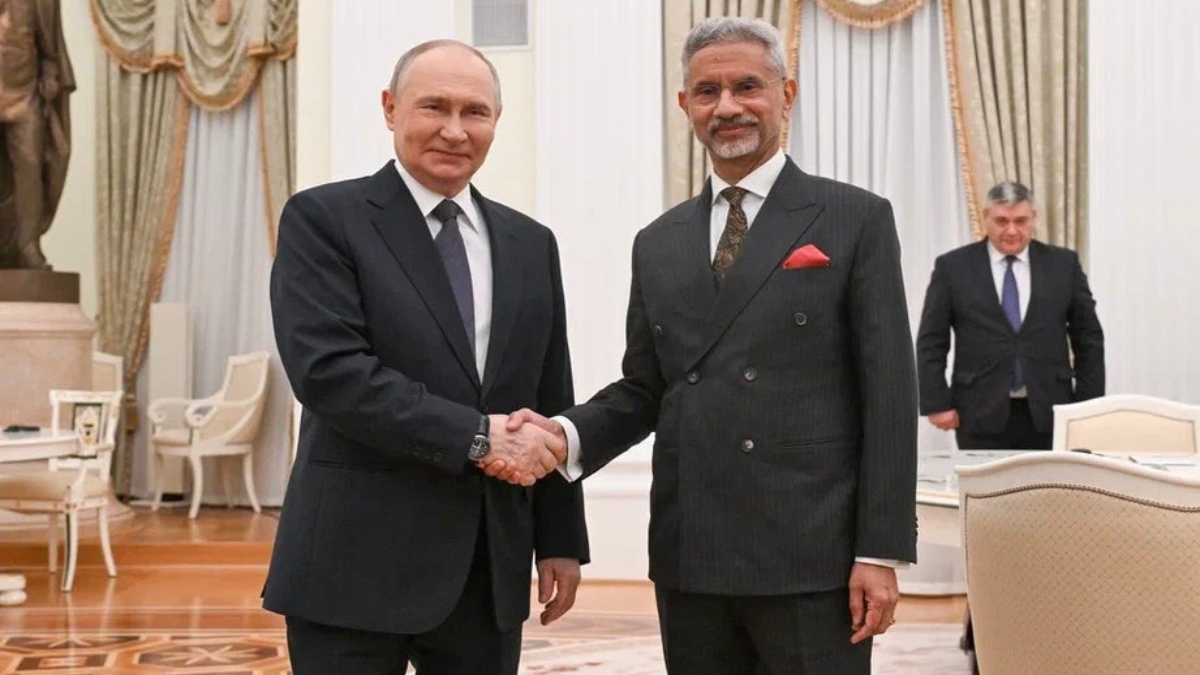)
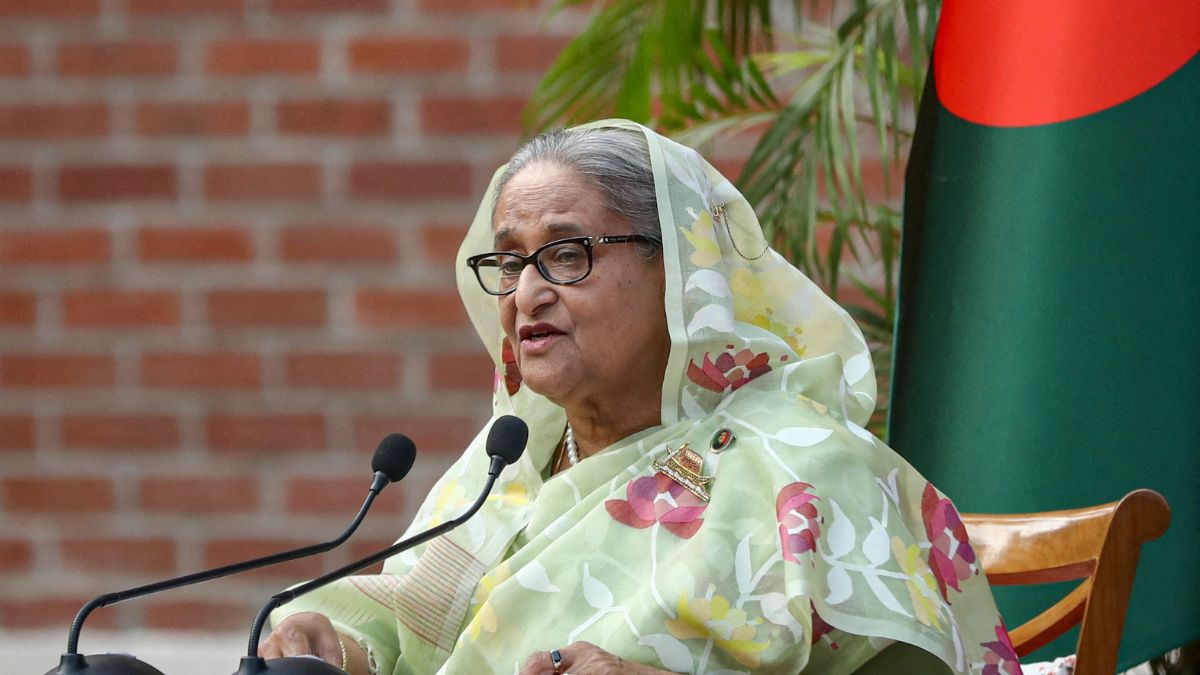)
)
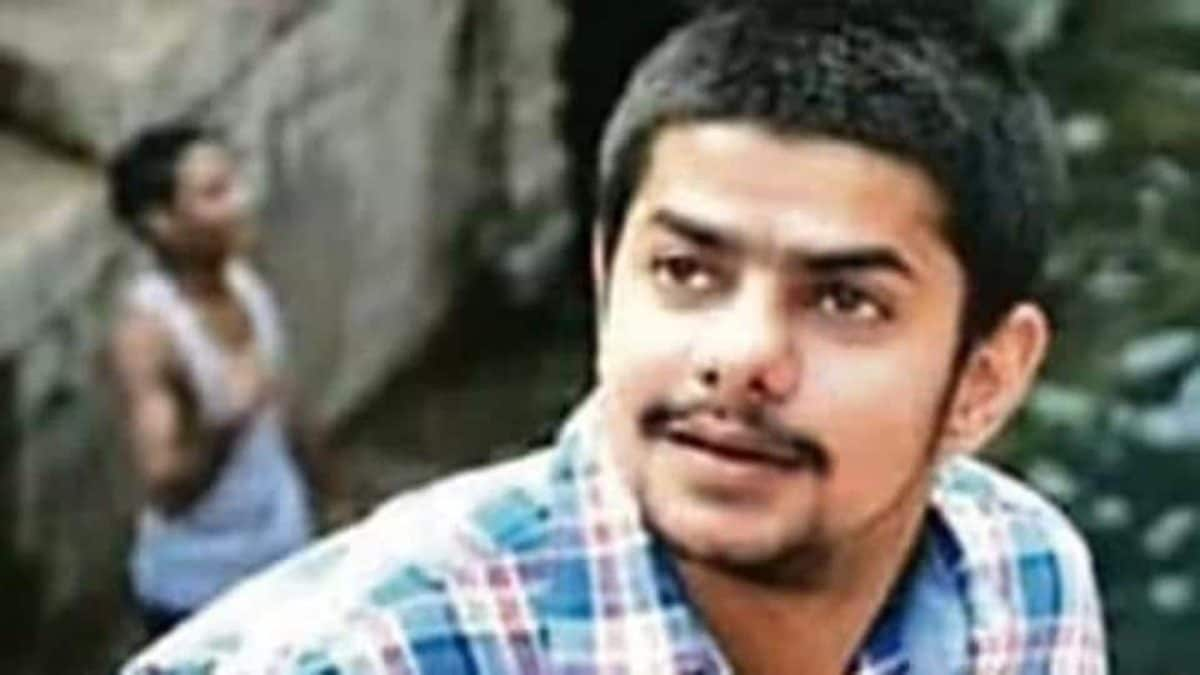)
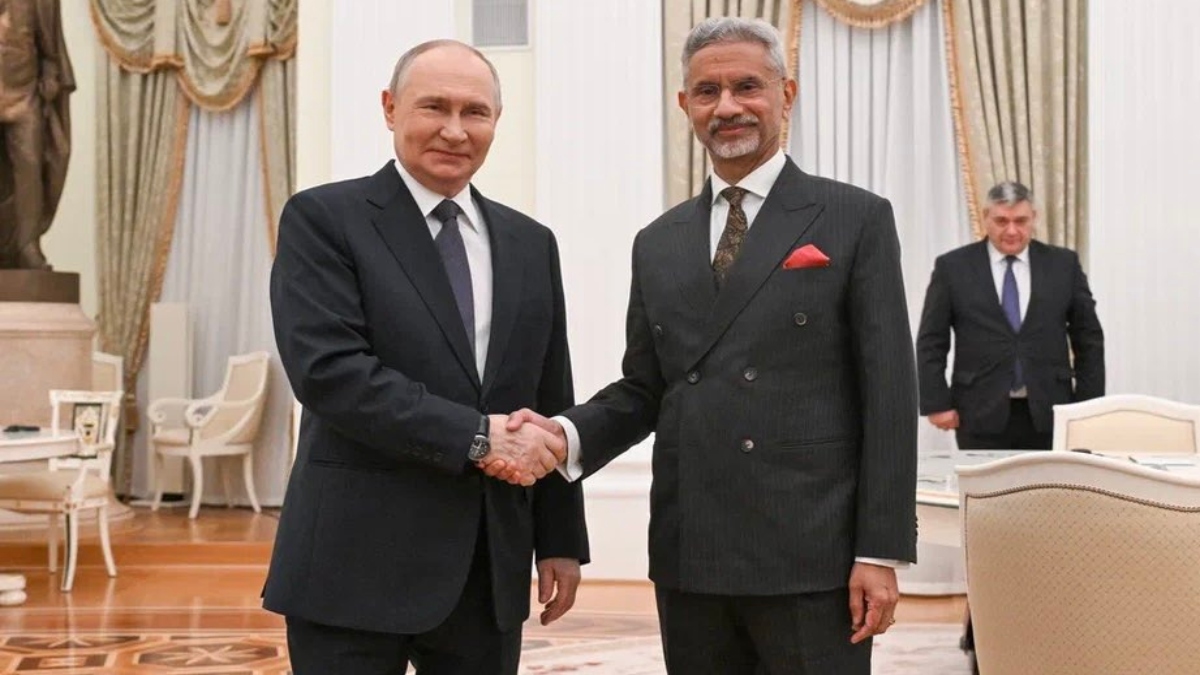)
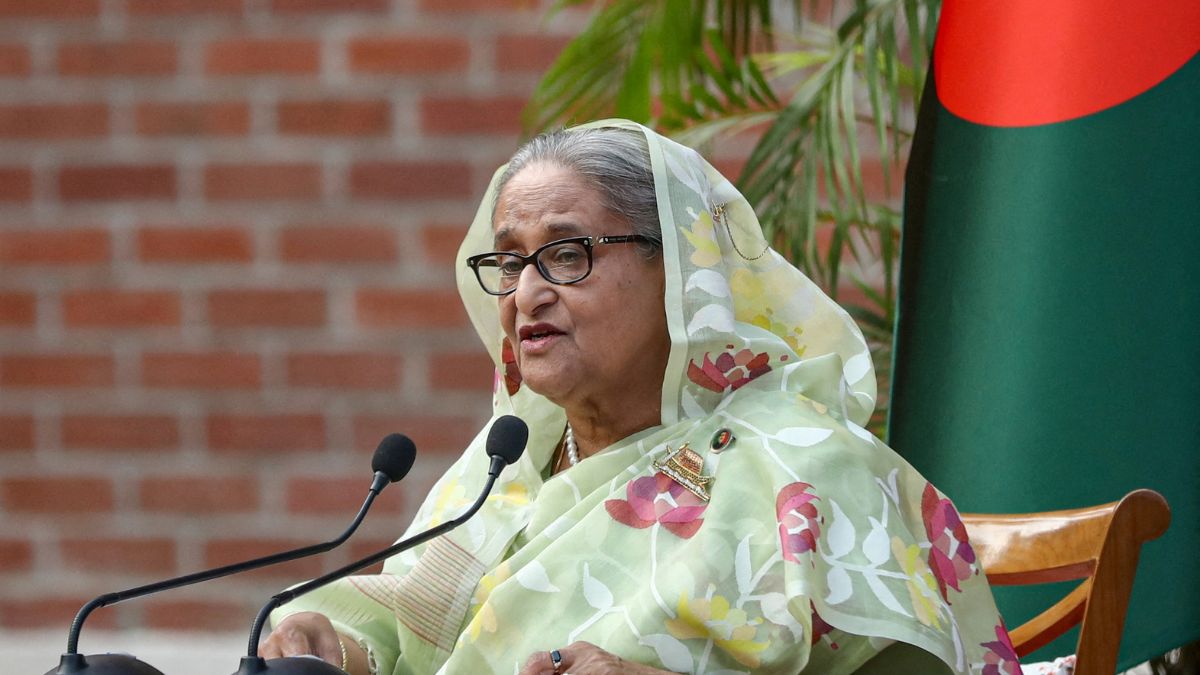)
)
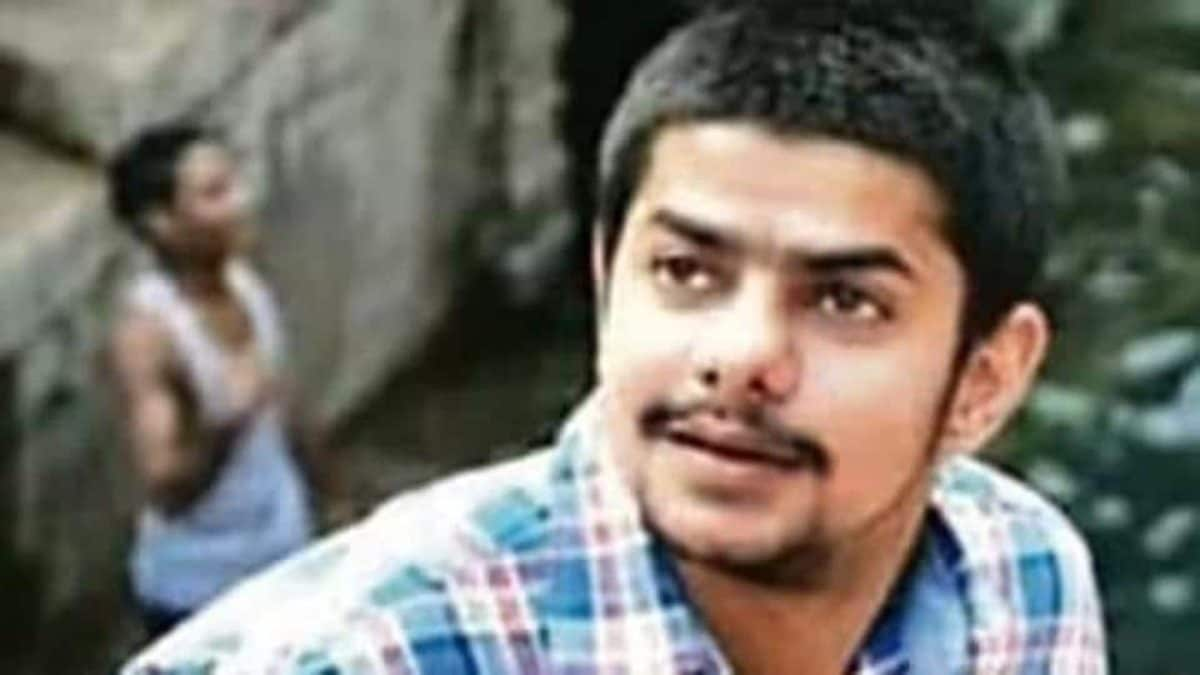)



